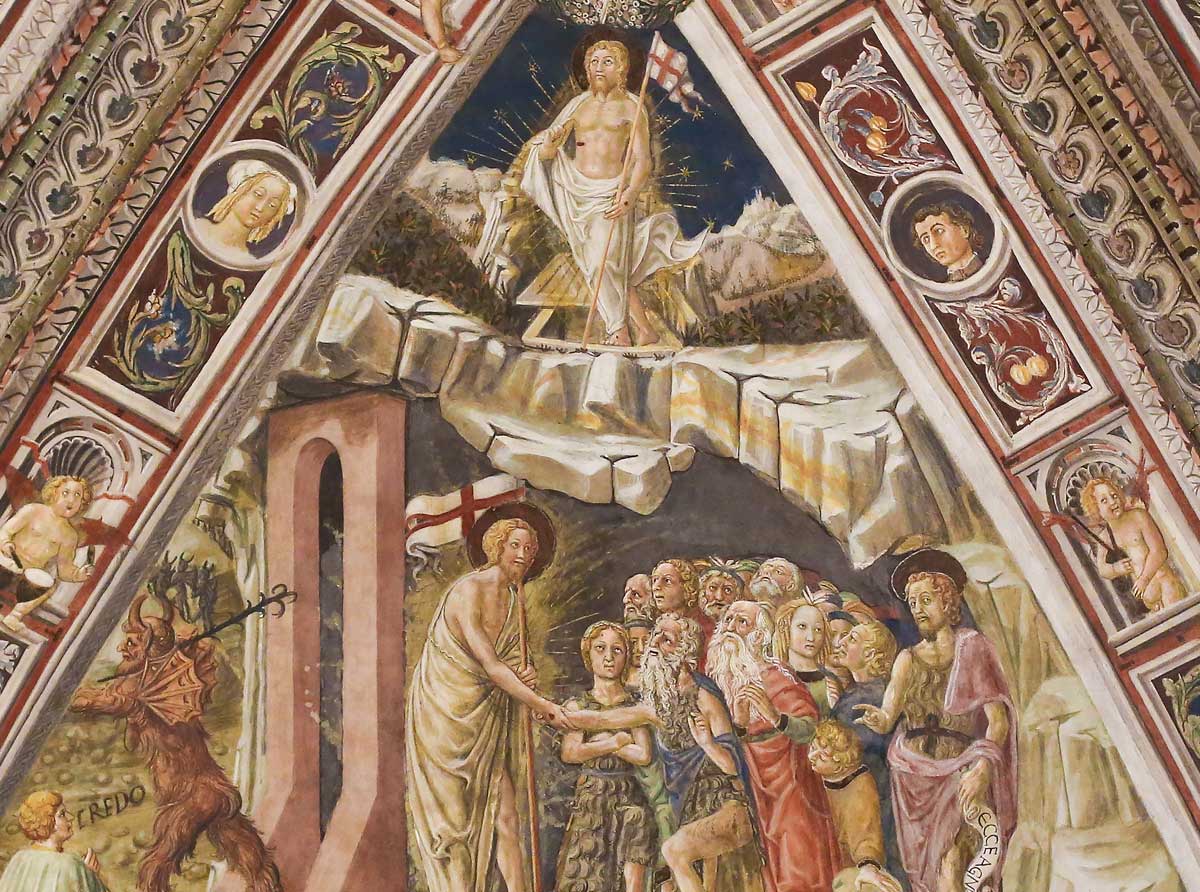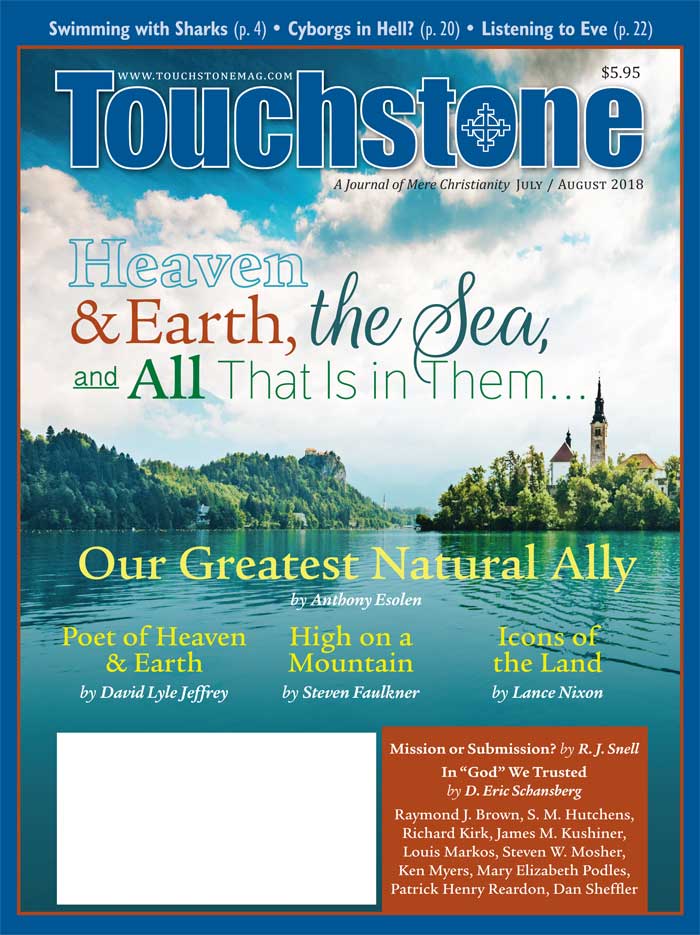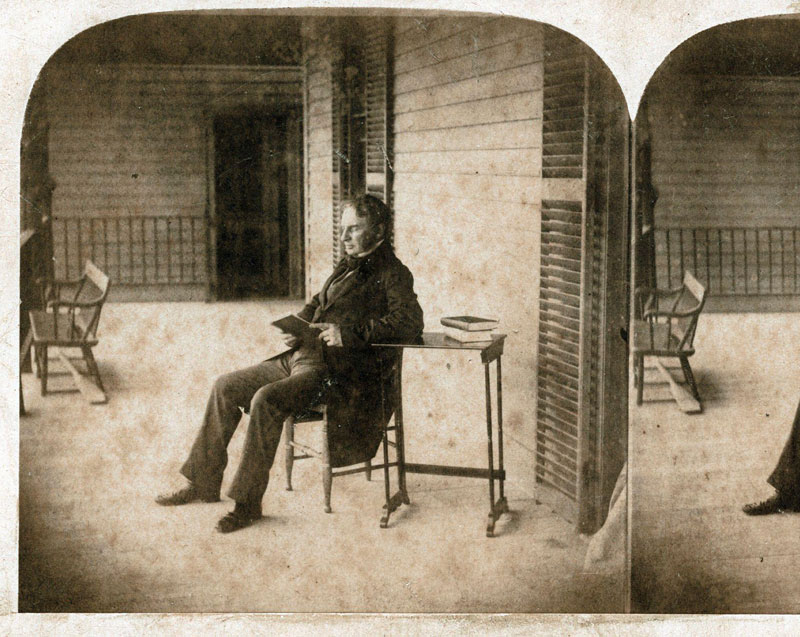Mortal Remains
Where the Gulf Is Fixed
A chap I grew up with told me that while browsing Internet news sources he got distracted by one of those links to an online test. This one proposed to assess not only his knowledge of the Bible, but also his level of academic attainment. He told me it was a straightforward Bible knowledge test, with no unusually demanding questions. Out of fifty he answered forty-nine correctly, and the test told him he was an impressive Bible scholar with a Ph.D. This we found amusing, for any reasonably attentive ninth-grader raised in an Evangelical church such as we attended could have done the same, and doubtless Becky the Pastor's Daughter would have gotten all fifty—when she was ten.
I have noted that people outside this world, especially when they're doing up poll questions, don't distinguish between mere church members, including those who attend regularly, and those who regard the Scriptures as the Word of God and are on intimate terms with the Bible. The second is a very distinct and significant subclass of the first. (The Catholic equivalent would perhaps be someone with an accurate and extensive knowledge of the Catechism of the Catholic Church.) Nor is there much understanding of the extent to which the worldview of the knowledgeably devout Bible-Christian, usually identified as "Evangelical," is directed by the Scriptures, nor of the extent of his freedom (some might say depth of insulation) from opinions controlled by the universities or the secular media, which his allegiance to higher authority not only affords but demands.
It also appears to be a long and rare step down the road of understanding (although a few unabashed Nietzscheans are clear-sighted on this) to recognize that the fundamental problem secular liberals have with "Evangelicals" is not with some kind of Christian, but with Christianity itself—that the antique beliefs progressives find so offensive are ecumenical (thus non-fanatic) among serious Christians of all denominations, arising from a common view of the essential nature, order, and destiny of reality under God. This view of universal history is shared by conservative Evangelicals with the doctrinal core of the older catholic churches over against the modern secularism in which the name of God serves primarily as an expletive, or as something to jeer at conventions of Democrats. (Saying this we remember the observant Jews and Muslims for whom also the name of God is ineffable and holy.)
Absolute Alienation
THIS ARTICLE ONLY AVAILABLE TO SUBSCRIBERS.
FOR QUICK ACCESS:
S. M. Hutchens is a senior editor and longtime writer for Touchstone.
bulk subscriptions
Order Touchstone subscriptions in bulk and save $10 per sub! Each subscription includes 6 issues of Touchstone plus full online access to touchstonemag.com—including archives, videos, and pdf downloads of recent issues for only $29.95 each! Great for churches or study groups.
Transactions will be processed on a secure server.
more from the online archives

14.6—July/August 2001
The Transformed Relics of the Fall
on the Fulfillment of History in Christ by Patrick Henry Reardon
calling all readers
Please Donate
"There are magazines worth reading but few worth saving . . . Touchstone is just such a magazine."
—Alice von Hildebrand
"Here we do not concede one square millimeter of territory to falsehood, folly, contemporary sentimentality, or fashion. We speak the truth, and let God be our judge. . . . Touchstone is the one committedly Christian conservative journal."
—Anthony Esolen, Touchstone senior editor










